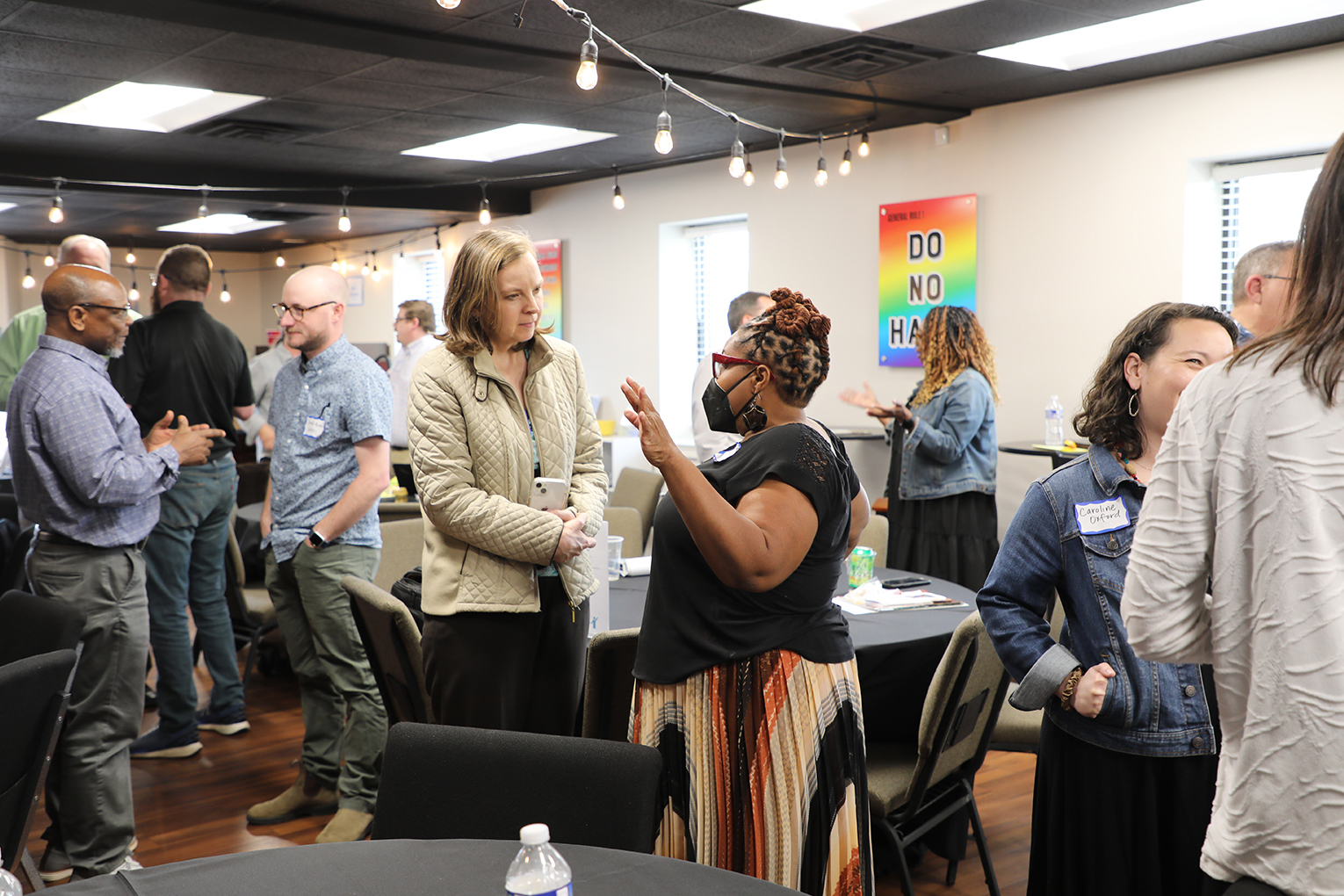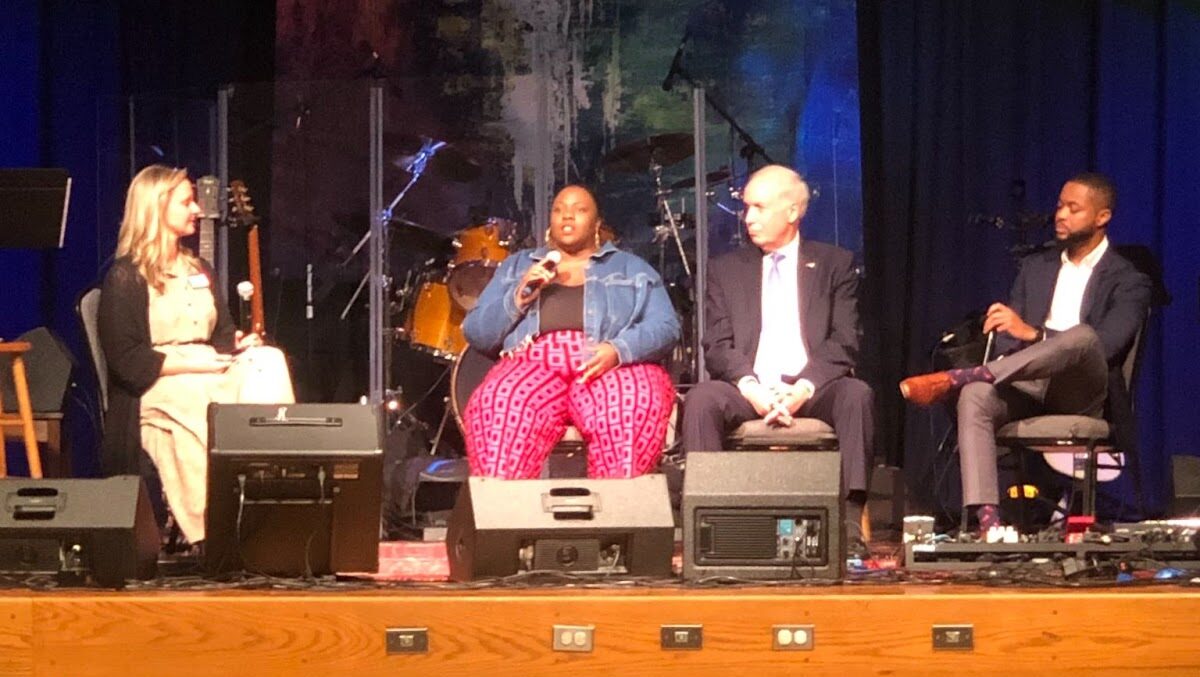The Long Haul: Rest for Rural Faith Leaders?
This is the first in a series of blogs about how rural faith leaders across North Carolina are thinking of emerging issues around the coronavirus pandemic in their community.
The weekly adaptations, challenges, and barriers rural faith communities are faced with make it hard to plan or strategize for future adaptations, challenges and barriers. We at IEI have been inspired by faith communities across the state talking through future questions, steps, and scenarios around the pandemic.
If you have an idea for a “Long Haul”, email your suggestion to kdfoley@ncsu.edu with the subject “Long Haul Blog Pitch”.
Every Tuesday since late March, IEI has hosted two weekly open-space calls for rural faith leaders. It became quickly apparent that an abundance of Zoom calls, webinars, meetings, and check-ins meant some faith leaders felt overscheduled.
So for those that find it helpful, which changes every week based on schedules and capacity, we gather every Tuesday morning to answer the question “How are you doing?” (join us next time). The small group talks about family, mental health, recent news, and anything but work (which we talk about every Thursday on our “What are you doing?” call).
Every week, one or more faith leaders express how tired or overwhelmed they are with work and life responsibilities. Clergy and laity weigh opposing opinions and guidelines about re-opening their buildings and ministries. The same spectrum of stark opinions has come up with racism and antiracism for many congregations in the past few weeks as well. Navigating summer 2020 is complicated for everyone, and our faith leaders are a group struggling and adapting to changing demands.
When asked what time off has looked like during the coronavirus pandemic, faith leaders shared stories including:
“Although I know I need the time away, I’m not taking it.”
“What is the point of time off, if you have to work twice as hard just to be able to take the time off?”
“When I have taken a day or two off, it has seemed like I might as well be working, because the time off hasn’t exactly been restful.”
“It’s hard to imagine stepping away for a time: who do I trust to speak truth in the face of the cultural debates with racism and public health right now, and how can I train other leaders to run the new online platforms that are in place?”
“Online and ‘parking lot’ services take as much if not more effort each Sunday and the church team to assist are less involved than in the past.”
When reflecting on what processing this new era looks like, Rev. Jason Villegas of Murfreesboro encourages clergy to “take as much time to process” what has happened over 2020 as possible. The coronavirus pandemic, racial tension, and chronic stress of the last few months and the uncertainty of the future is taking a toll on faith leaders (and everyone). As Rev. Villegas says, “it is literally a matter of life or death” to figure out “extent of our injuries.”
Dr. Matt Bloom, a social scientist with Work Well Research and Notre Dame University, recently shared at Campbell University’s Virtual Ministers’ Health Summit that “We have found that among helping and caring professionals, including clergy, daily wellbeing can be a challenge.” His team, based on their “Flourishing in Ministry” research, has created the WorkWell app to help faith leaders figure out their wellbeing goals, now more important than ever.
In the same way we view recovering from a physical injury, there is a need to process the recent upheaval of life through restorative practices. The numbers of faith leaders that experience burn-out, depression, anger, anxiety, and substance use disorders for faith leaders have been concerning for years. As we transition into thinking about the health, social, economic, and political longevity of our current crisis, addressing faith leader well-being is essential for the long haul. We’ll explore what rest, boundaries, and time off has practically looked like for rural faith leaders in North Carolina in our next “Long Haul” blog. What has helped you? Email kdfoley@ncsu.edu with your story to be included.
- Categories:


